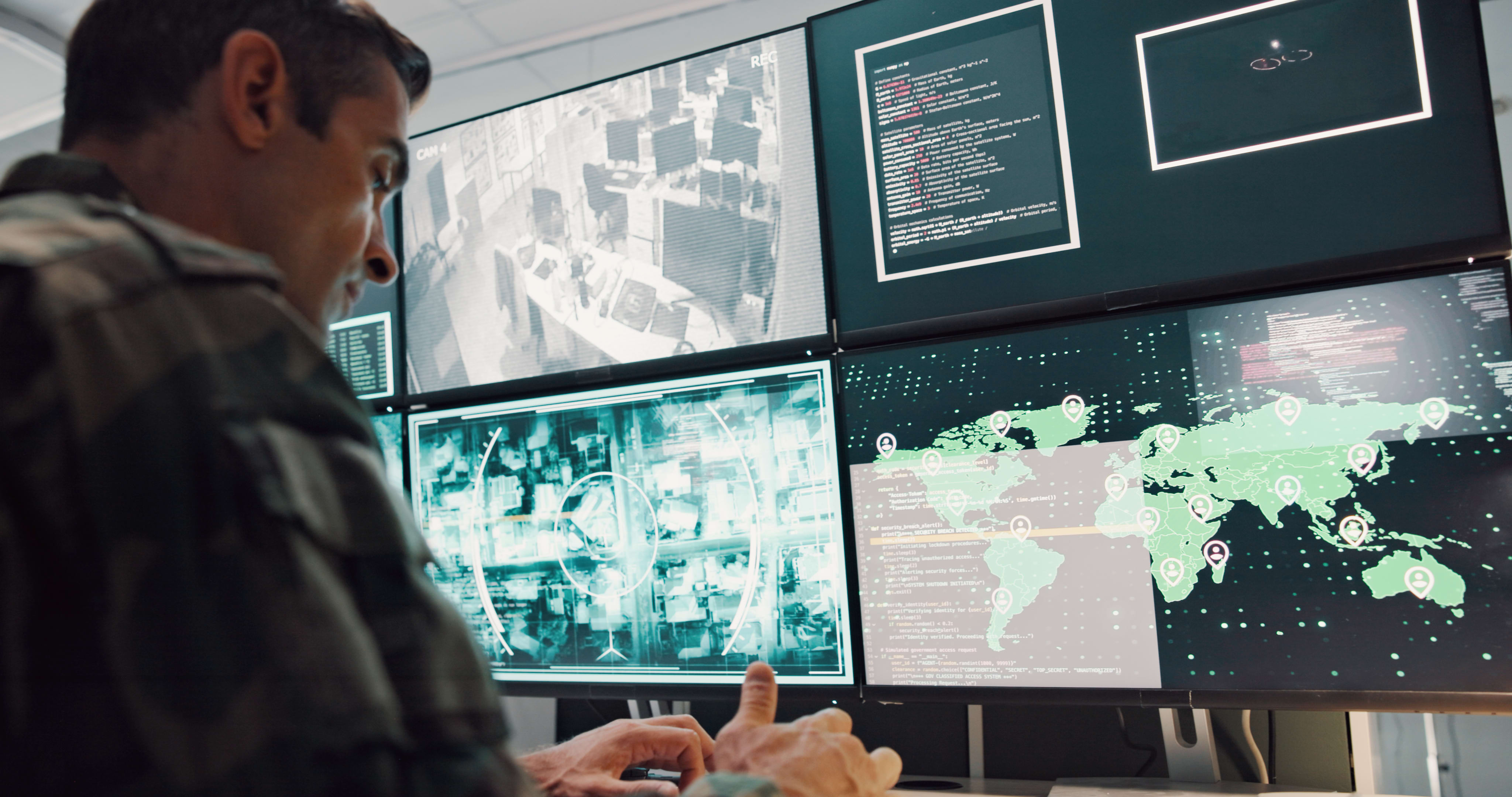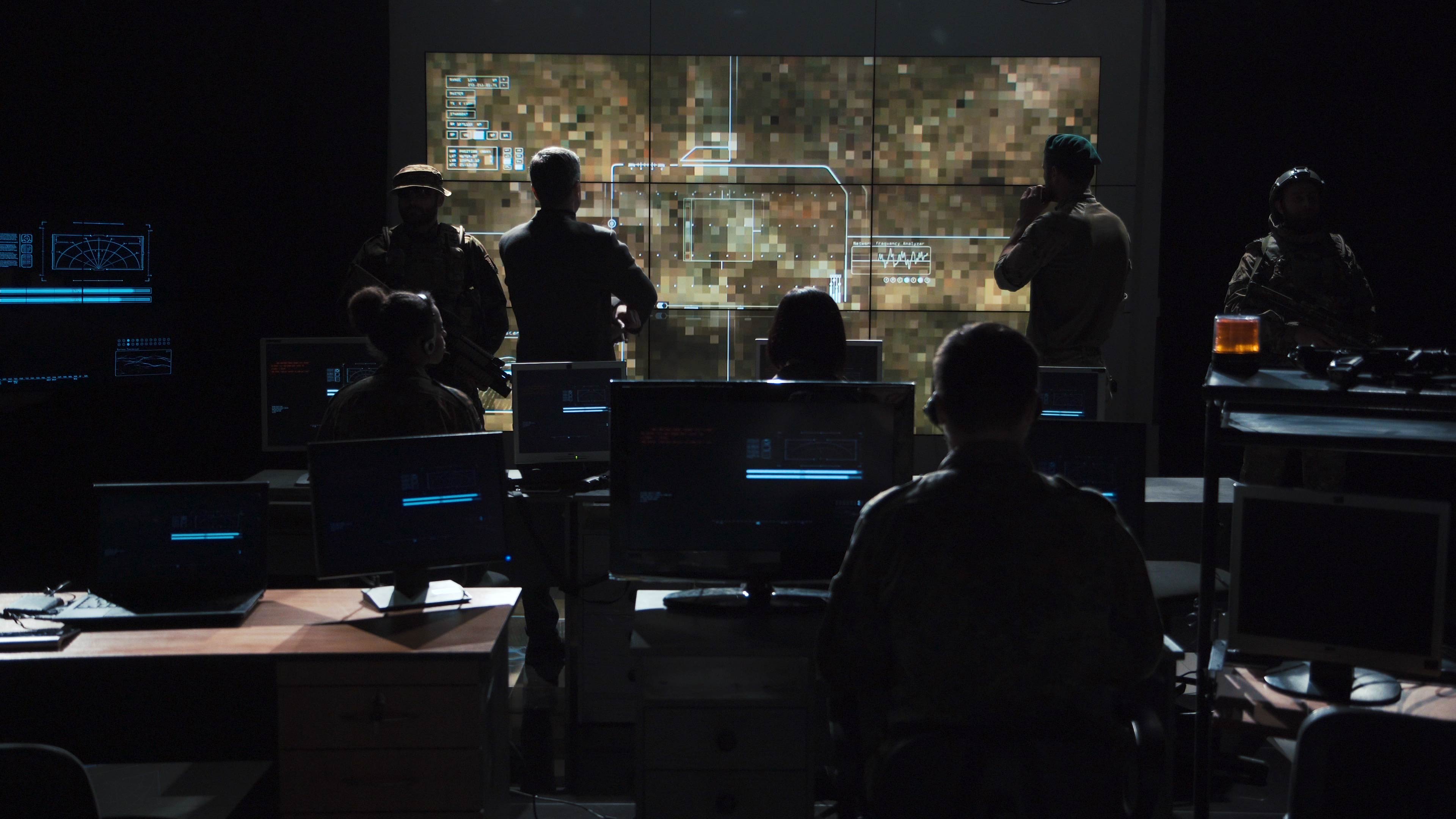SWaP-optimized and ruggedized for operation in harsh environments, learn how Mercury ’s ACAP-based solutions will bring new levels of application capability to the tactical edge.
Most Recent Asset

Learn how the Army is modernizing with next-gen combat vehicles like the XM30 and RCV to achieve multi-domain dominance by 2030. Read the whitepaper now.
DRFM-based radar environment simulators and radar target generators are efficient, cost-effective solutions to methods validating radar systems and electromagnetic environment combat pilot training.
PCIe 5.0 protocol benefits a new generation of rugged, deployable application platforms with doubled bandwidth and is an integral part of the latest devices from industry giants, Intel and NVIDIA.
DAL (design assurance) flight-safety certification and systems security engineering (SSE) is required to protect systems and mitigate risk for future smart and autonomous platforms

RelianceOne Secure Boot vs. UEFI Secure Boot: Understand the key differences in verification, granularity, and security.

Mercury offers advanced security solutions for commercial and government clients confronting sophisticated cyber threats to embedded devices, especially those vulnerable to physical access risks.

Tactical Virtualization (Tac-V) utilizes lightweight hypervisors to isolate functions into secure, independent domains, preventing the spread of cyber-attacks and enabling rapid service recovery.

DoD combat systems require specialized security like Mercury’s RelianceOne to address unique Linux environments, real-time constraints, and physical anti-tamper needs.

As of January 2026, the EU Cyber Resilience Act (CRA) is moving through its multi-year implementation phase. While full enforcement begins in late 2027, critical milestones are approaching this year.

This white paper covers the most important security design principles that give you a fighting chance against attackers who seeks to gain unauthorized access or tamper with your embedded system.

Learn about Mercury's data recorder solutions for sophisticated technologies to manage and analyze vast amounts of data, which is increasingly critical for defense and security operations in space.
Learn how Mercury Systems is helping the DOD bridge the gap between its MOSA mandate and commercial OCP-based projects and standards with common module systems.
AMD's new RFSoC brings a powerful and unique solution for addressing some of the most demanding requirements of high bandwidth and high channel count systems.
COTS Software Defined Radio for 5G Development
This white paper describes next generation direct RF to redefine what’s possible in radar and software radio, from jamming to electronic intelligence to significant bandwidth performance.
Mercury and VAST make cutting-edge data center technology available for defense and other harsh-environment applications, enabling low-latency processing, scalability and data security in the field.

Optimized to solve the most advanced radar, cognitive EW and AI challenges, learn how Mercury ’s ACAP-engineer-to-engineer designer’s journey is intended to assist other development teams.
Learn how Mercury and Intel collaborate to scale and deploy composable data center capabilities across the fog and edge layers with high performance embedded computing (HPEC)
Optimized networked-attached GPU distributed processing architecture delivers NVIDIA A100 GPU parallel computing resources over dual 100 Gbit Ethernet network connections without requiring an x86 host
Development Tactics and Techniques for Small Form Factor RF Signal Recorders


